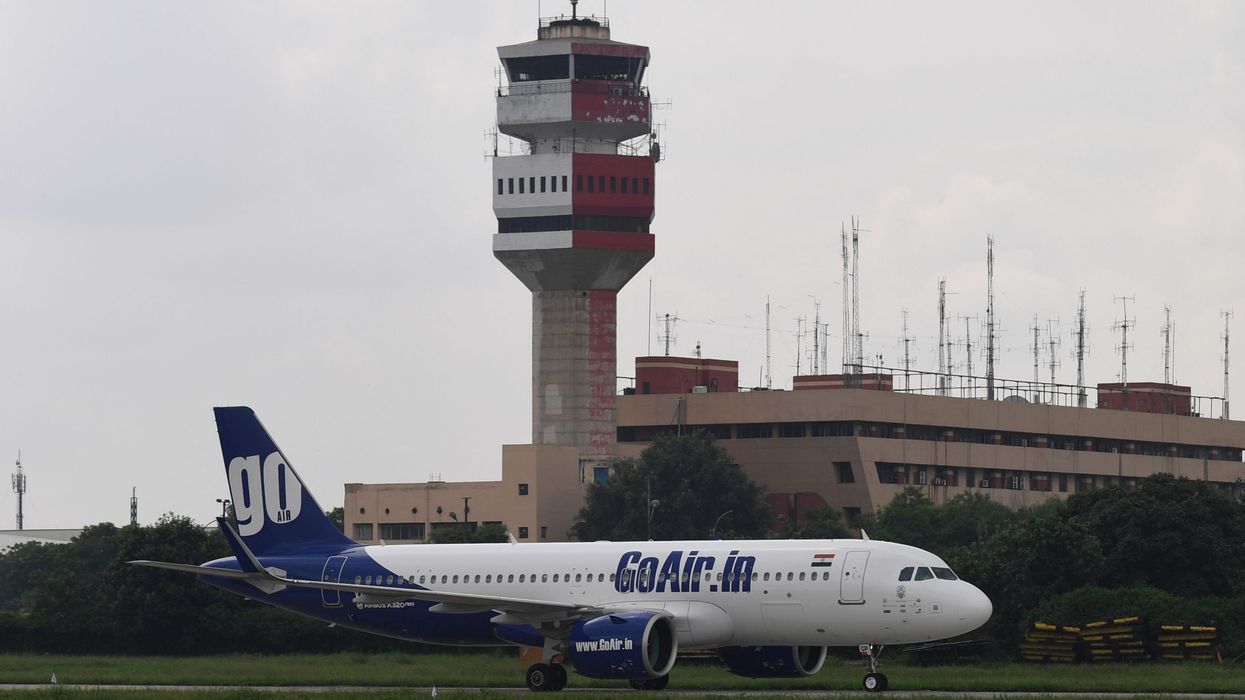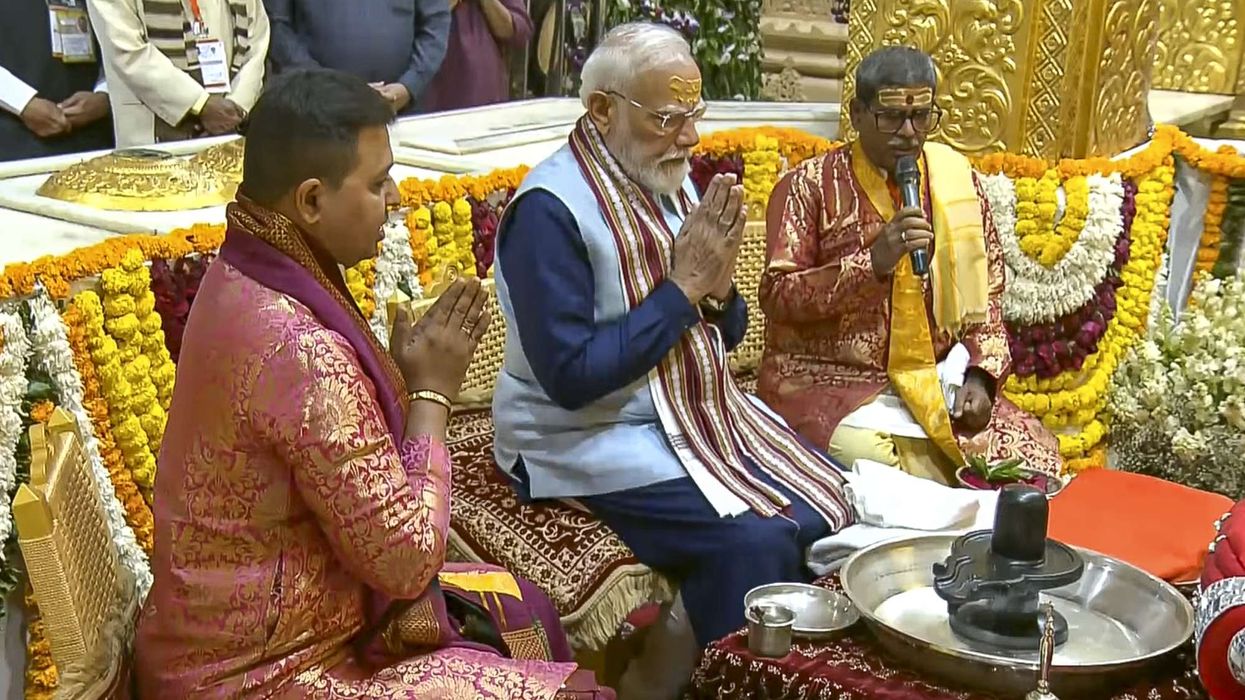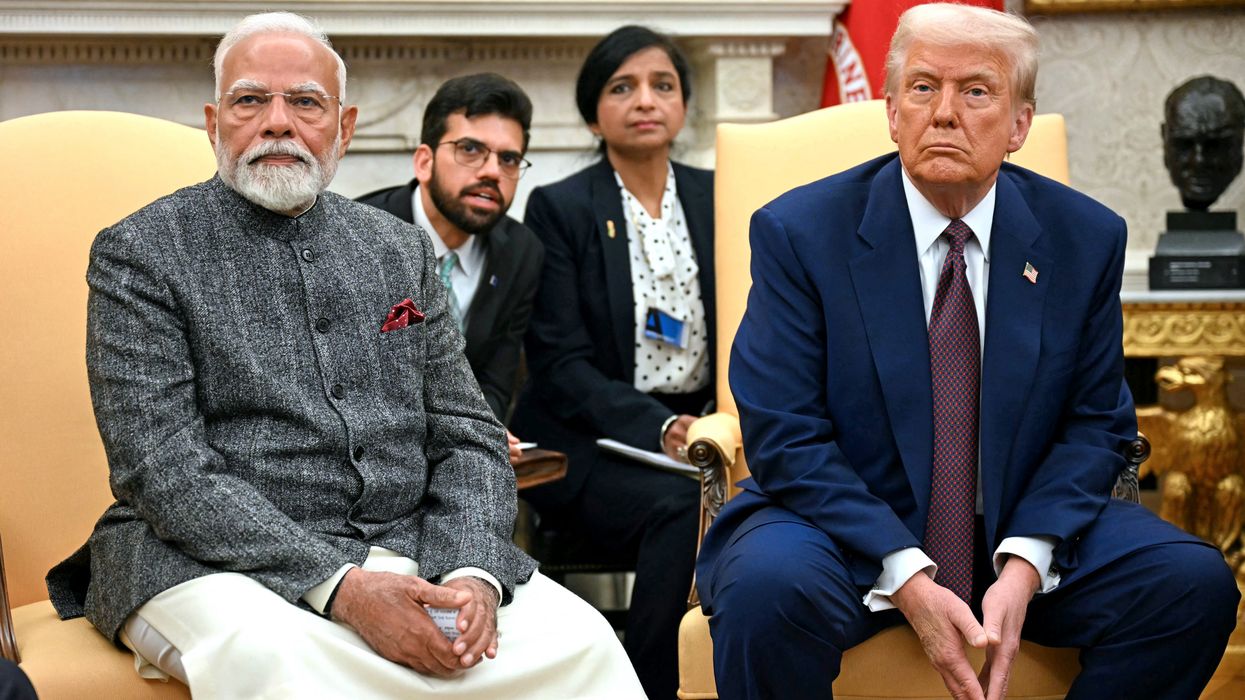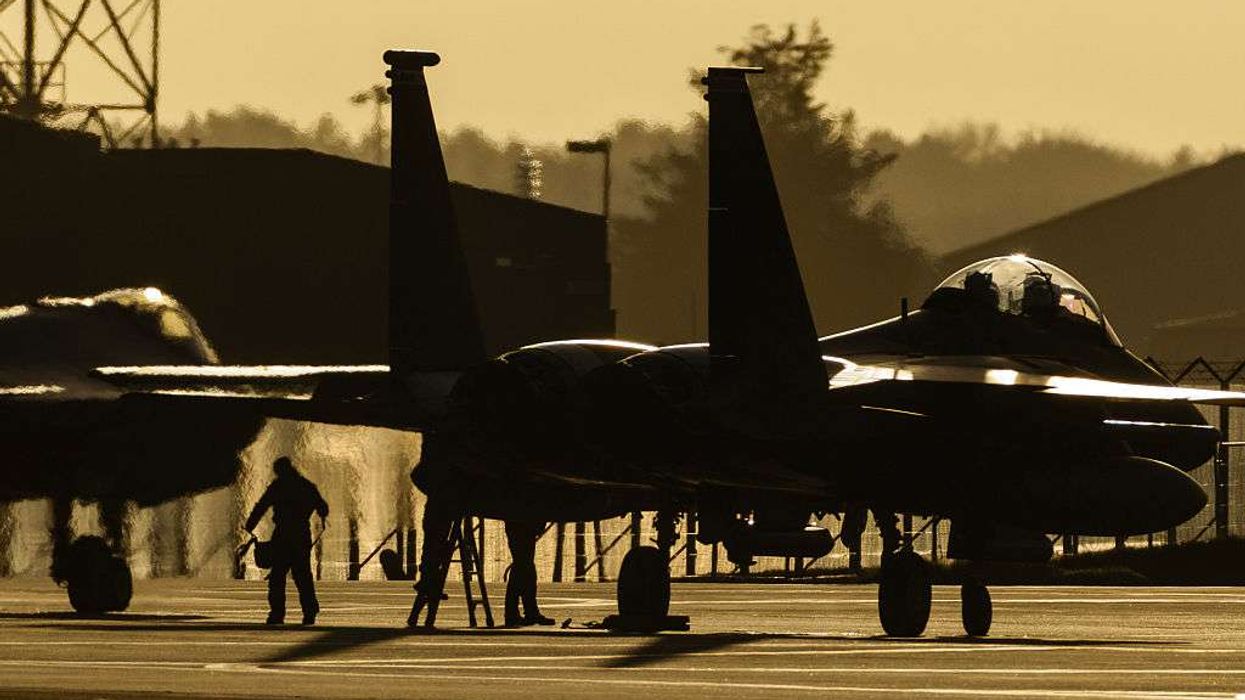Cash-strapped Indian airline Go First filed for bankruptcy proceedings on Tuesday (2), blaming "faulty" Pratt & Whitney engines for the grounding of about half its fleet.
The move marks the first major airline collapse in India since Jet Airways filed for bankruptcy in 2019, and underscores the fierce competition in a sector dominated by IndiGo and the entry of newer operators such as Akasa Air.
Go First said its filing with the National Company Law Tribunal comes after Pratt & Whitney, the exclusive engine supplier for the airline's Airbus A320neo aircraft fleet, refused to comply with an order to release spare leased engines to the airline that would have allowed it return to full operations.
Pratt & Whitney, a Raytheon Technologies unit, was not immediately available for comment.
An issue with Pratt & Whitney engines that safety authorities had warned could shut down a plane's engine mid-flight has dogged Indian airlines for the past few years.
Analysts have said bigger rival IndiGo has been able to withstand the impact better, thanks to its larger fleet and a deeper pocket.
Go First, owned by the Wadia Group and formerly known as GoAir, also said on its website that it had cancelled flights scheduled for May 3 to May 5 due to "operational reasons".
"The government of India has been assisting the airline in every possible manner," India's civil aviation minister Jyotiraditya Scindia said in a statement. "The issue has also been taken up with the stakeholders involved."
The collapse could benefit rival airlines as the industry tries to meet a surge in post-pandemic air travel.
"The sudden disruption in operations is likely to benefit other players and increase airfares due to supply constraint," wrote Jinesh Joshi, a research analyst with Prabhudas Lilladher.
The move took Go First's lenders by surprise, two bankers aware of the matter told Reuters.
The lenders met Go First's management a few weeks ago, but no intimation was given, one of the bankers said. Lenders will meet soon to assess the situation and decide on the future course of action, they said.
Go First has Rs 56 billion (£560million) in rated Indian bank debt, according to a January report by Acuite Ratings. Central Bank of India and Bank of Baroda have the largest share.
"I am a little stunned to hear of them file for bankruptcy," said Mark Martin, CEO at aviation consulting firm Martin Consulting LLC. "I still feel that this might not be the end of Go First. This must be a vehicle and a means for somebody new to take over."
The number of grounded aircraft "due to Pratt & Whitney's faulty engines" increased from seven per cent of its fleet in December 2019 to 31 per cent in December 2020 and 50 per cent in December 2022, the airline said.
The groundings cost Go First Rs 108bn (£1.08bn) in lost revenues and additional expenses.
The woes, which forced Go First to delay its planned $440 million IPO in 2021, also resulted in an erosion in its market share to 6.9 per cent in March from 8.4 per cent in January, latest data from the Indian aviation regulator showed.
The airline was seeking to raise funds and the Wadia Group was reported to be in talks to either sell a majority stake or completely exit its shareholding. Wadia Group did not respond to an e-mail seeking comment.
The airline said the groundings had also driven some lessors to repossess aircraft, draw down letters of credit and notify further withdrawal of aircraft," the airline said.
Go First has not updated its employees about its future, according to two pilots, who did not want to be named. It has been delaying paying salaries to its pilots.
(Reuters)












